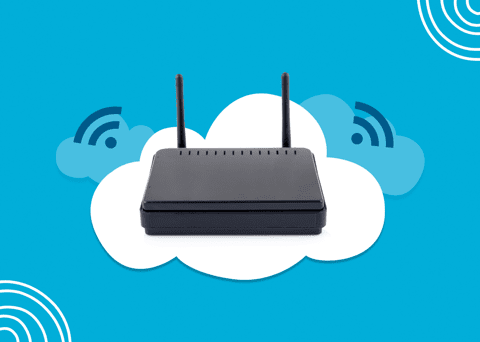When it comes to selecting hardware for your enterprise’s internet connection, it’s easy to go with the off-the-shelf options. After all, they are easy to find at your local Best Buy, not that expensive, and will probably get the job done, right? Not so fast.
Time and again we see folks picking out equipment for their connections — and not just MHO’s — that underserve their needs and will ultimately fail them in the long run. Here’s why you should take a moment before going with off-the-shelf, and some tips on what to look for in your equipment:
A Rule of Thumb
Plan to budget an amount about equal to your MRC. If your connection costs $1000/month, you should spend at least that much on your router.
If you match the one-time price of your hardware to the monthly cost of your connection, you’re likely in the clear for selecting equipment that matches your needs.
Why This is Important
If you get hardware that is underpowered — usually an off-the-shelf router, for example — it’s typically going to have Wi-Fi built into it, four ports, etc., but it won’t be able to do the throughput or have the processing power to move your packets efficiently. (If a consumer-ready router is placed in front of a 100 Mbps connection, it generally won’t be able to route 100 Mbps worth of traffic.)
Factor in latency sensitive and mission critical applications like VoIP or database operations, and you’re going to have problems. Another major consideration is: you won’t have the baked in security that a typical enterprise needs. In short, you’ll be settling for a router that is more appropriate for consumers — largely because you just didn’t know any better — as opposed to an enterprise-grade router that costs more, but will have the baked in security and the features your business needs.
What to Look for
After the Rule of Thumb, here are a few things to keep in mind:
- Look for expandability. Even if the router doesn’t have all the features out of the box, you can maybe add a card or unlock software options later on down the road. You don’t have to forklift your whole network if you plan ahead.
- Talk to the internet service provider or bring in a consultant.
- Do a traffic study — these can be extremely useful. They will answer a lot of questions to help you find out exactly what it is you need.
- Reliability: Off-the-shelf equipment often does not publish information about the piece’s mean time to failure — another important component. Higher-end routers will have this information.
If you have questions about how to pick the right hardware for your internet connection, get in touch with us at MHO. We’ve got experts to help you out.


![[Infographic] Fixed Wireless: What You Need To Know](https://blog.mho.com/wp-content/uploads/2017/06/Screenshot-2025-06-24-141710.png)

![[Infographic]: Fiber Vs. Fixed Wireless: What You Should Know](https://blog.mho.com/wp-content/uploads/2017/10/Screenshot-2025-06-24-141442.png)

